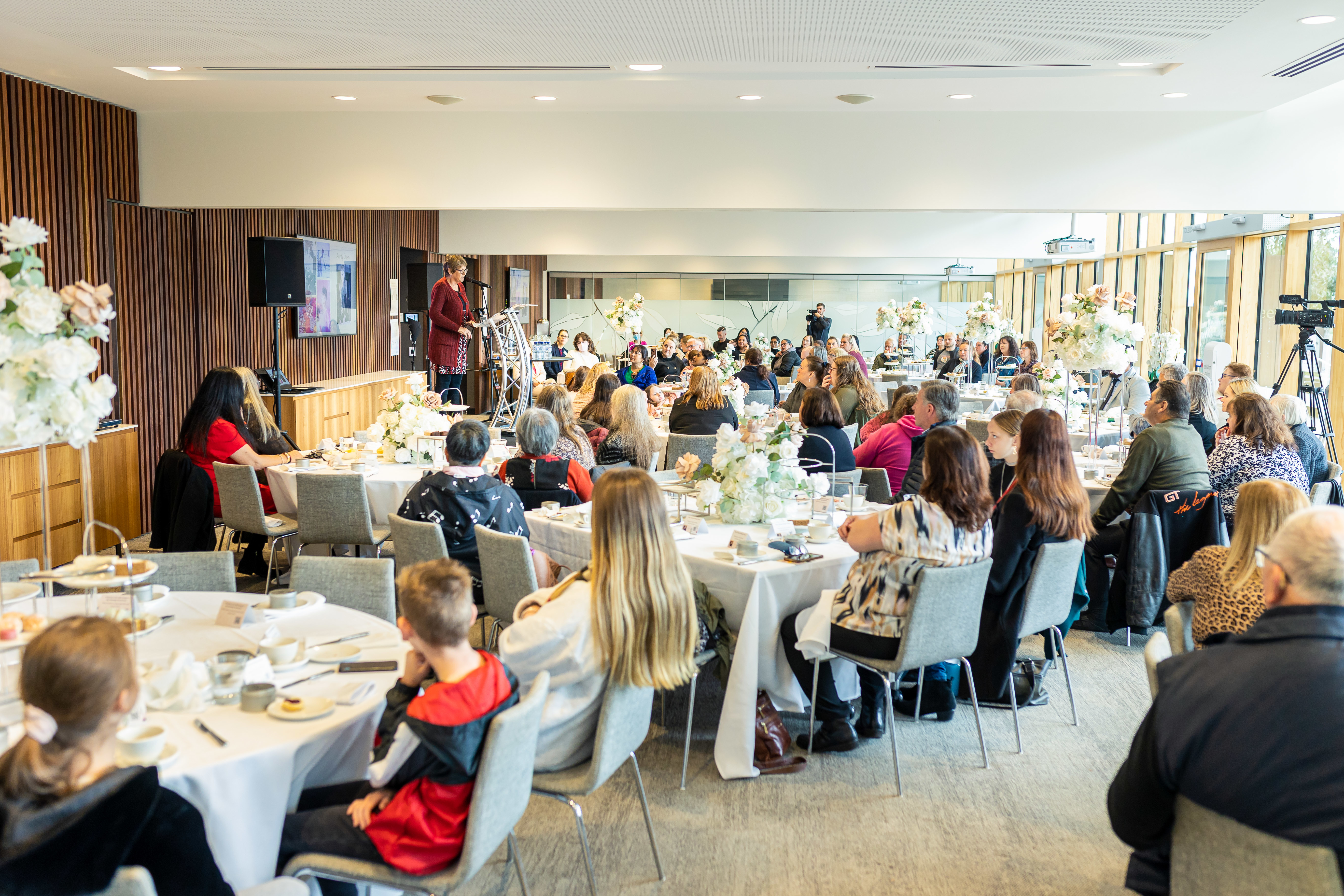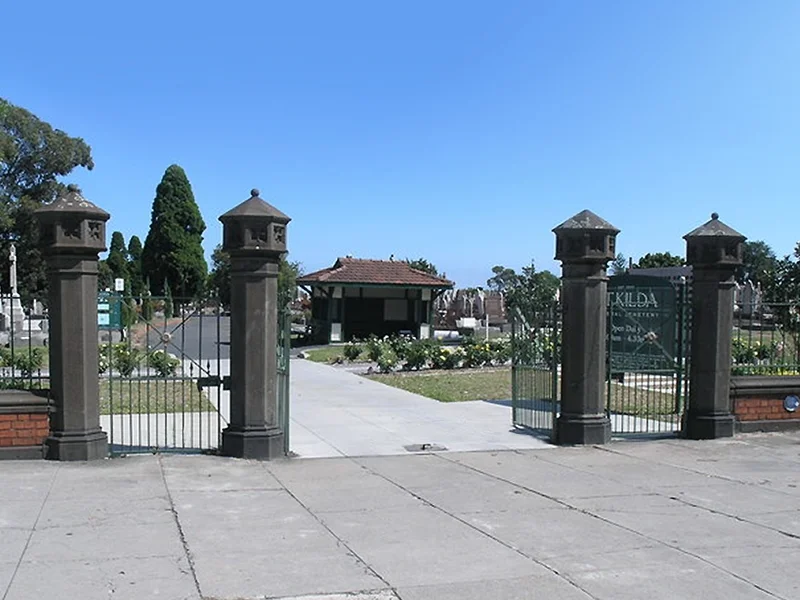Parting with a loved one’s belongings: Tips from our Care & Wellbeing community

When a loved one passes away, there are a lot of tasks that can be very emotional to deal with while grappling with grief. One of the most frequent questions is “What do I do with their belongings?”
This can be a stressful process even if you have been left instructions on what the deceased wanted done with their possessions. There can be items that you are unsure what to do with, or that many people connected to your loved one have special feelings about. This process can also stir up many memories and you may feel unable to let go of any belongings at all.
Our Centre for Care & Wellbeing (CCW) community are well-acquainted with this challenge. We asked them for their advice on what to do on the question of redistributing, donating or otherwise reusing a loved one’s belongings.

One of the most common responses they had was to take your time going through this process if you can. Often, we are told that cleaning out a house and getting rid of belongings is a quick road to healing our grief. But making big decisions like this immediately after losing someone is not advisable unless it is something that you really want to do – getting rid of things in a hurry immediately in the face of loss can result in impacting the grieving process later on.
If, however, you are in a position where a loved one’s belongings need to be removed quickly, such as from a rental property, there are things that you can do to preserve memories that doesn’t pressure you into making rushed decisions on loved objects, or holding onto belongings just for the sake of it.
Here are our CCW community’s ideas on how to navigate this process:
- Consider whether you want to be alone to process your own thoughts and make decisions while sorting and packing, or if you would prefer to be surrounded by loved ones who will support and help you.
- Break the task of cleaning and packing up into small, manageable chunks: a room at a time, a cupboard, a shelf.
- Enlist a good friend to help you and set aside time to tackle the process together. This can help if you are feeling too overwhelmed and emotional to tackle it on your own.
- Consider hiring a professional service that specialises in sorting estates if it’s too overwhelming for you to do yourself.
- If you are setting aside things for donation, take the time to care for items during this process. Launder clothes and carefully fold and wrap items into bags for transporting, while thinking of the love that is being passed on.
- Have pieces of special clothing sewn into cushion covers or a soft toy to hug. Consider this as a gift for other loved ones – grandchildren, siblings etc.
- Photo books can be a great way of capturing memories in a format that you can continue to enjoy, especially when it comes to items that many people have an emotional stake in. Take photos of all the special items that you can’t hang onto or are going to other loved ones but continue to bring up emotions and special memories for you. This can be a collaborative project that you can ask family and friends for help with.
- If you decide to sell items, you can donate the proceeds to a charity or cause that was important to the deceased.
- Scrapbooking is a creative way you can capture a range of special memories. For example, you could take photos of their special outfits and include these with a fabric sample, or keep tickets, invitations or similar ephemera of occasions that you spent together with your loved one so that you can treasure the memory.





